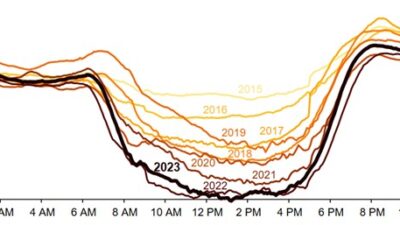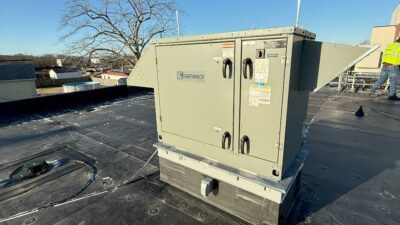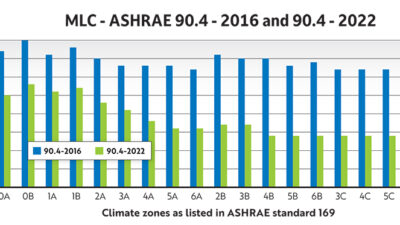NSF International, Ann Arbor, Mich., introduced a geothermal listing for piping products that will produce cost-effective and environmentally friendly methods to heat and cool buildings.
NSF International, Ann Arbor, Mich., introduced a geothermal listing for piping products that will produce cost-effective and environmentally friendly methods to heat and cool buildings.
The U.S. Environmental Protection Agency says that geothermal systems average 40% greater efficiency than air-source heat pump, 48% better than natural gas furnaces and 75% better than oil furnaces.
NSF’s geothermal listing service tests and certifies Polyethylene and Polypropylene piping system products that meet the following requirements:
-
Final performance of the product , which includes testing to ASTM D3035 or AWWA C901 requirements for short-term burst, pressure testing and environmental stress crack resistance
-
Physical properties of the material used in production — this testing includes density, flexural modulus, tensile strength, and a PENT of at least 192 hours as required by the Plastics Pipe Institute (PPI) Part Q
-
Long-term hydrostatic stress test — includes evaluation of materials to the requirements of the PPI’s Technical Report 3 (PPI TR-3) as well as testing to European and Asian temperature and pressure requirements
-
Health effects testing to ensure compliance with Section 4 of NSF/ANSI Standard 61: Drinking Water System Components — Health Effects if products are to be used in potable water applications



